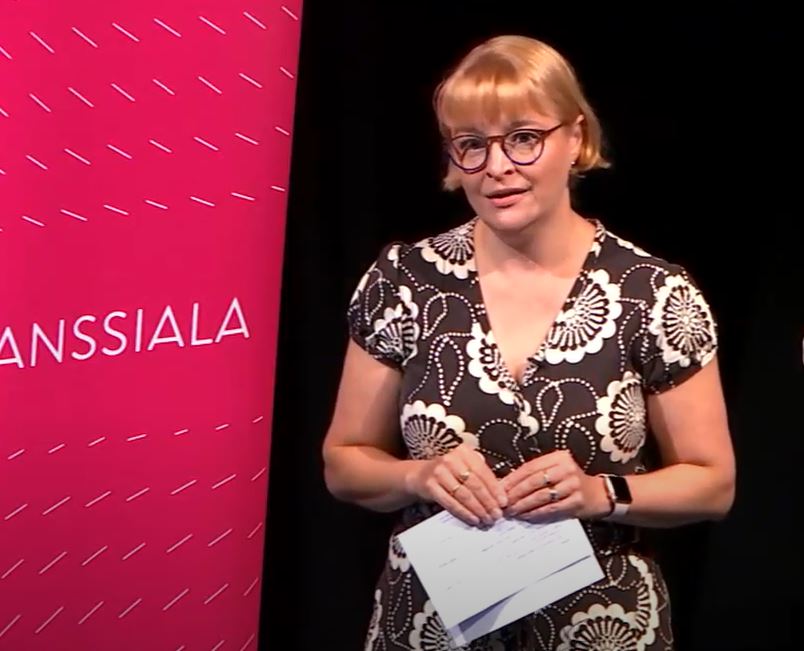
Finance Finland (FFI) organised a virtual round table for specialists in mental health care, medicine and workplace well-being to discuss the worrying growth of mental health problems among young people. Good practical experience has already been gathered. All the participants voiced their support for a model of early intervention.
“The causes of mental health issues frequently arise before the age of 25. This is why the well-being of children and youth is one of the priorities of the government programme”, noted Minister of Science and Culture Hanna Kosonen in her speech.
Education and competence improve mental well-being, which in turn supports learning and further education. “We shouldn’t let a single person become socially excluded. Instead, we must support everyone in reaching their full potential. This is the pathway the society should stand for”, said Kosonen.
Youth is a turbulent time of unbridled emotions and growth, and sometimes it can take a lot of help from the outside to pull through. According to Minister Kosonen, it is important for young people to be heard and appreciated as they are.
“The government programme has a strong focus on young people with many measures that promote youth participation. Social inclusion is a top priority to be considered in all our actions. Although we have various cultures of operation, we must develop all of them in line with the government programme regardless of what stage Finland’s regional government, health and social services reform is at.”
The reform of Finland’s regional government arrangements, including health and social services, has been ongoing throughout the current governmental period. The reform would see approximately 425 organisations in local and regional governance drawn together to establish 18 new regional organisations. If the reform is implemented it will impact all levels of administration both regionally and nationally.
Kosonen also considers it important that proven activities are anchored to long-term funding instead of project funding. Support and care should be easily available and the chains of support should be unbroken. No one should fall between the links.
In her own speech, FFI’s Managing Director Piia-Noora Kauppi proposed assembling a broad, unified front comprising several institutions to turn the tide of growing mental health problems. Finland has earlier experience of such cooperation from the 1960s, when the strong increase of traffic accident fatalities and injuries was successfully reversed through cooperative action under the auspices of the President. Similar cooperation is direly needed now, too.
Participants to the round table discussed the growing demand for youth mental health services and how this demand could be met. How can mental health issues be effectively prevented and treated? Are we sufficiently aware of the risks in our current work culture? In addition to Kauppi and Kosonen, the round table included Silja Kosola, docent in adolescent medicine at Helsinki University, and Sami Pirkola, professor of social psychiatry at Tampere University and medical adviser at Ilmarinen. Pirkola was also part of the working group behind the Finnish mental health strategy.
Varma’s Chief Medical Officer Jan Schugk contributed to the discussion from the viewpoint of occupational health and authorised pension companies. Mental Health Medical Director Tommi Väyrynen from the Finnish Student Health Service commented on the discussion.
S Group’s Nuori Mieli Työssä project (‘young mind at work’) was presented as a case example of good practices in the maintenance of work ability. Chief Medical Officer Liisamari Kruger from Elo interviewed Sanna-Mari Myllynen, vice president of human resources at S Group. The discussions were commented on by Katja Asikainen from the Finnish National Youth Council Allianssi.